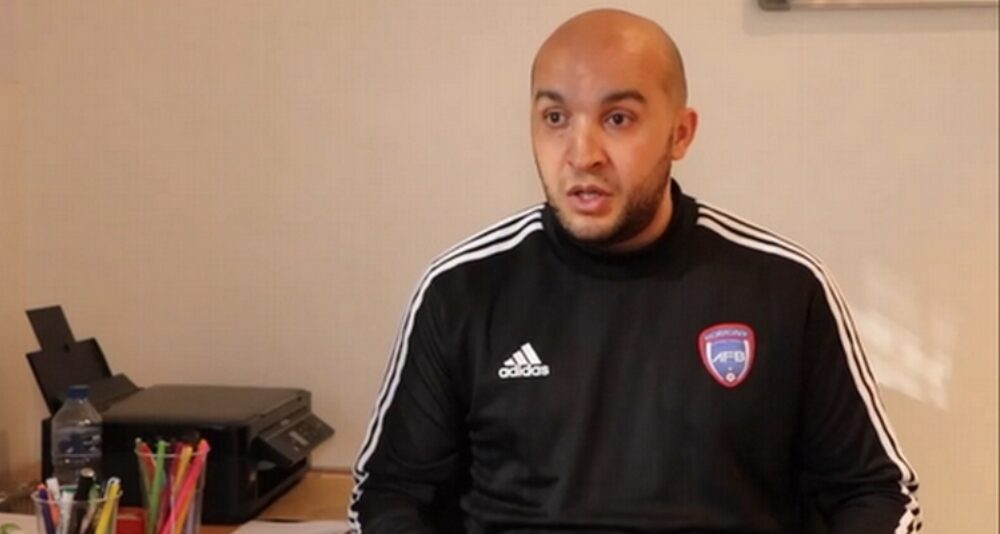This week, I bring you the third and final installment on male sexual health. It is therefore impossible to ignore the mental health and mental illness portion. Since many prejudices persist to this day about mental illness, it is essential to speak about it in a fair way in order to completely dissolve these received ideas which affect the daily life and the experience of many people. Requests for help and the flattening of the curve of silence can then begin and these people and those around them will have ways to understand the situation and obtain support.
• Read also: Focus on male sexual health
• Read also: Focus on male sexual health
One of the major challenges to overcome in terms of helping to tackle male mental health issues remains the difficulty of breaking down the barriers of silence, whether on the part of the person who suffers from it or those around them. Stigma locks in and bypasses many possibilities for well-being. Before we dive into more detail, here are some important nuances. According to the Canadian Mental Health Association, everyone will have to face hardships at one time or another that will affect their mental well-being, without automatically resulting in mental illness or disorder.
“Mental health and mental illness are often used interchangeably, but they are not the same thing. Mental health is a concept similar to physical health: it is a state of well-being. Mental health refers to emotions, thoughts, feelings, and relationships with others. It is being able to cope with normal life situations and the stress they generate. The presence or absence of mental illness does not indicate the state of mental health: a person without mental illness could have poor mental health, just as a person with a mental illness could have excellent mental health. “
Fight against stereotypes and myths
The work in the fight against prejudice is colossal! As these help fuel myths, it is often not easy to dispel them. Subjects surrounding mental health and mental illness can then enter the temple of taboo and double-lock themselves there. The stigma can then continue its effects … we must therefore break this vicious circle. Gone is the reign where male people who ask for help are judged or humiliated. Because without support and empathy, these people will continue to suffer in silence and this fear will find fertile ground for the progression of mental disorders.
Warning signs and tools
The AQPAMM has listed the main signs of a mental health disorder:
- Eating or sleeping too much or very little;
- Move away and isolate yourself from others or from your usual activities;
- Have little or no energy;
- Feeling empty, flat or not loving anything;
- Have unexplained pain;
- Feeling helpless or hopeless;
- Smoke, drink or use drugs more than usual;
- Feeling more confused, distracted, irritable, angry, worried or fearful than usual;
- Yelling or arguing with his family;
- Have intense mood swings that cause conflict in relationships;
- Having intrusive thoughts or memories that you can’t get out of your head;
- Hearing voices or believing things that are not true;
- Thinking about hurting yourself or hurting others;
- Being unable to perform daily tasks such as taking care of children or going to work or school.
Since some of these challenges still make it possible to function well, mental health issues can sometimes go under the radar and not be adequately addressed. Let’s take care of our mental health and that of our loved ones!
Here are some tools:
–


![Here are the January 2022 pension rates – table of calculations. How much will seniors gain after tax changes? [27.11.21 r.] Here are the January 2022 pension rates – table of calculations. How much will seniors gain after tax changes? [27.11.21 r.]](https://d-art.ppstatic.pl/kadry/k/r/1/38/62/619fb6116b8c5_o_original.jpg)